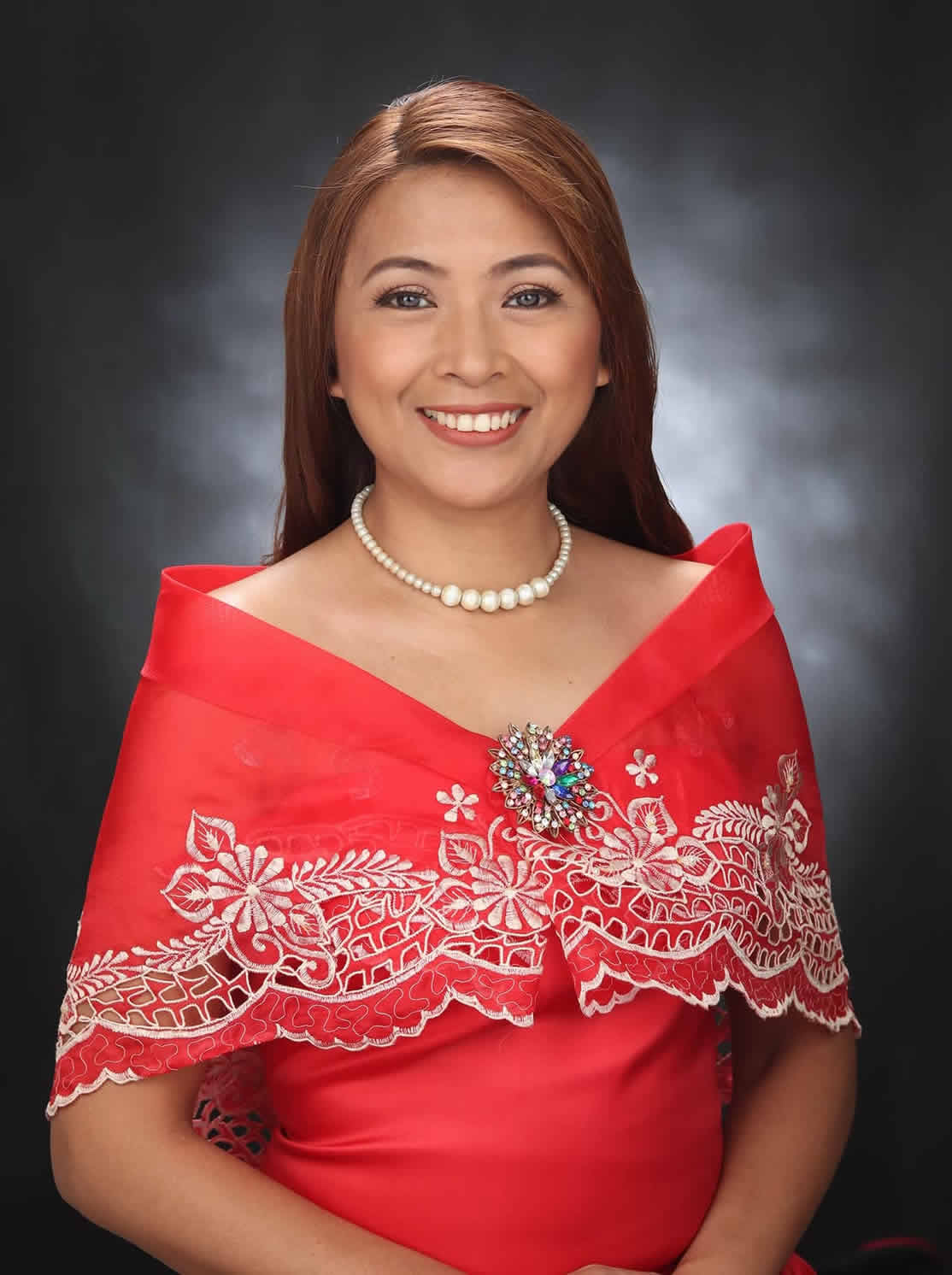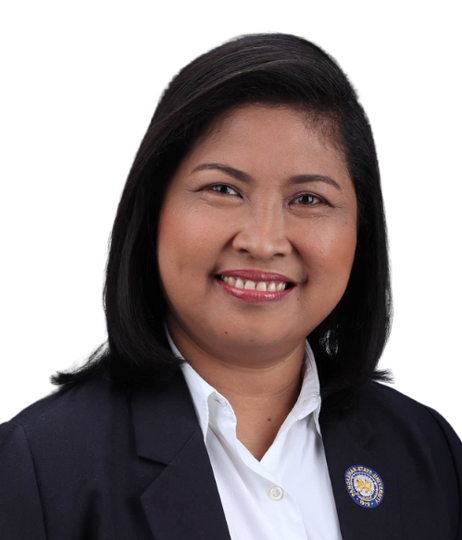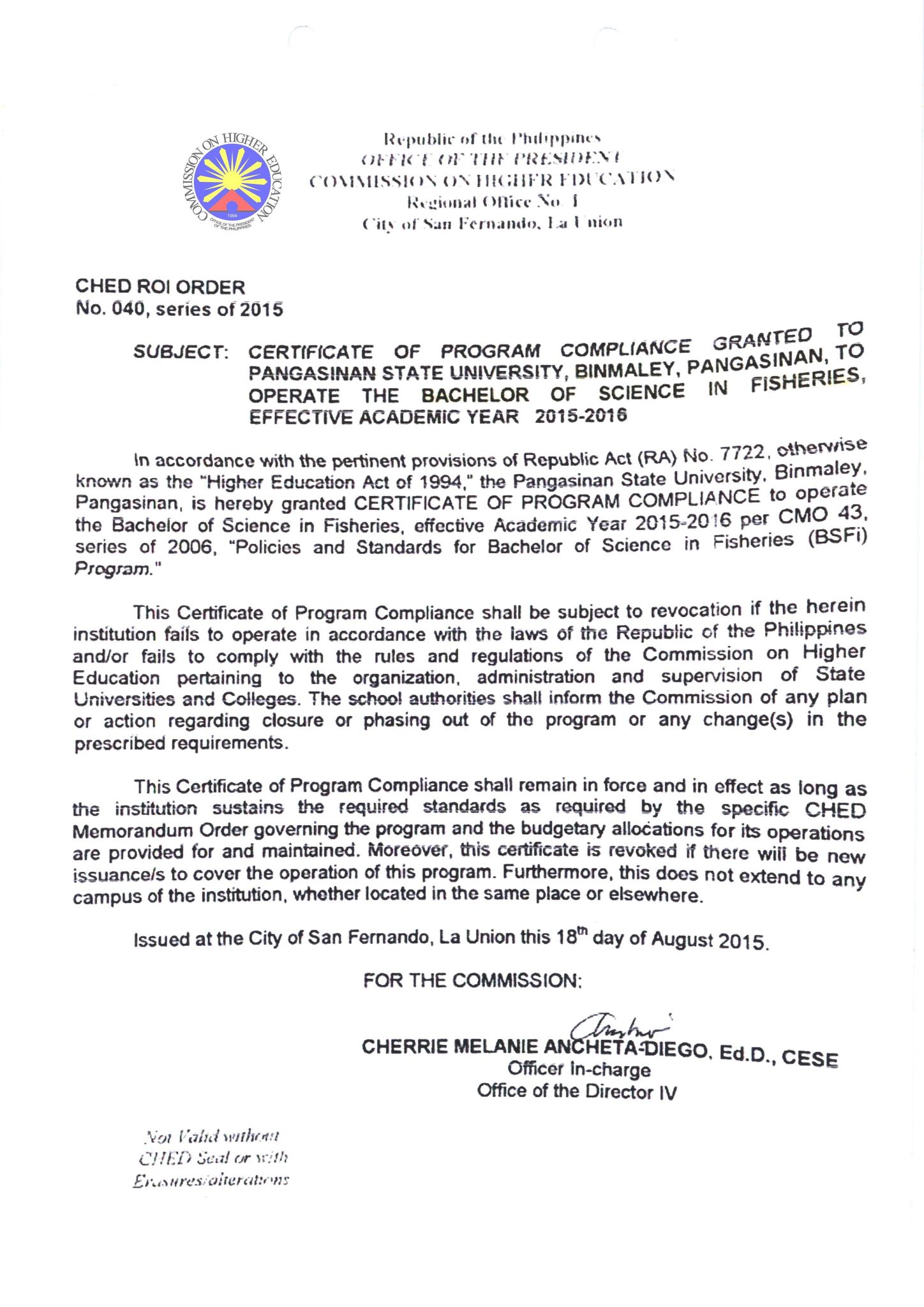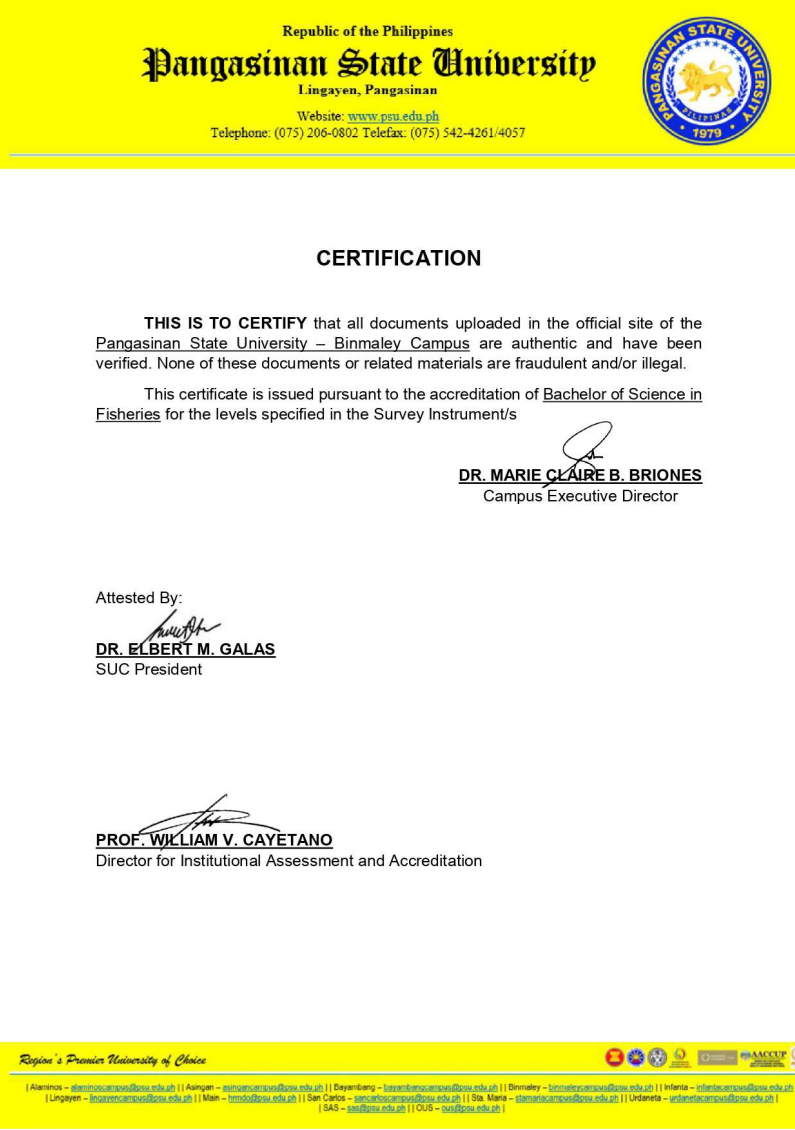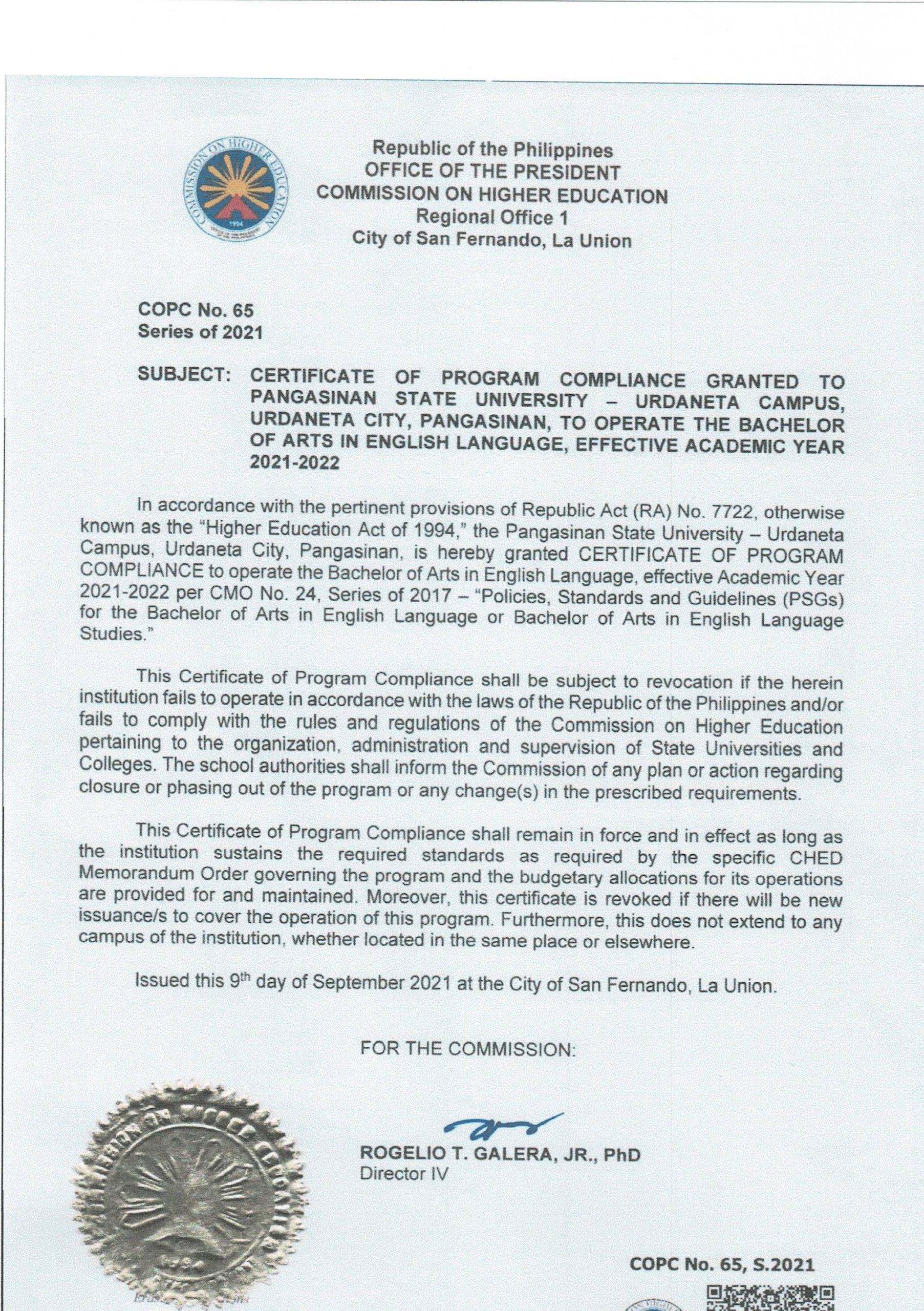Level IV Phase 2
Message
The AACCUP Accreditation Level 4 provides the highest degree of certification for academic programs, emphasizing our dedication to providing quality education and ensuring that our Bachelor of Science in Fisheries Program fulfills national and worldwide standards of excellence. This evaluation allows us to highlight the great teaching, research, and community involvement activities that have changed our program and promoted the growth of our students.
I would like to express my profound gratitude to all the faculty and staff members who have dedicated their expertise, time, and steadfast commitment to the establishment and growth of our BS Fisheries Program. Your unwavering efforts in curriculum creation, creative teaching approaches, research pursuits, and industry relationships have been critical in preparing our students for successful careers in fisheries.
Your dedication to academic studies, as well as your active engagement in practical training and research, have been crucial in establishing our Fisheries Program. The accrediting authority recognized and acknowledged your hard work and dedication, and it is because of your achievements that we are a proud and reputable institution.
Let us continue to work together with excitement, professionalism, and a common vision of excellence as we prepare for the review process.
This accreditation is a monument to our ongoing dedication to continuous improvement and the pursuit of quality in fisheries education, as well as an acknowledgment of our past achievements.
I am very confident in our team’s talents and the quality of our curriculum. Allow us to highlight our great educational experiences, cutting-edge research, industrial relevance, and beneficial influence on our community and the fishing sector.
I encourage the entire academic community to view this accreditation process as an opportunity for growth, reflection, and enhancement. Let us collaborate, encourage one another, and display the true spirit of collaboration that distinguishes our school.
Thank you for your enduring passion and commitment. I am optimistic that we will reach yet another milestone on our path to academic success.
Campus Executive Director
Message
Greetings from the College of Fisheries and Environmental Sciences!
Welcome to the College of Fisheries and Environmental Sciences of the Pangasinan State University, Binmaley Campus: the Center of Excellence (COE) in Fisheries in Region 1, awarded by the Commission of Higher Education (CHED) of the Philippines; the home of board topnotchers in the Licensure Examination of Fisheries Technologists; the home of full-fledged professors in Fisheries and Environmental Sciences; and the Regional Center for Milkfish Research and Development, awarded by the Regional Development Council of the National Economic Development Authority (NEDA).
The College continuously produces professionals in Bachelor of Science in Fisheries and Bachelor of Science in Environmental Science who have all the competencies, knowledge, skills, and positive attitudes to support national, regional, and local development plans.
The College also establishes linkage with local, national, and international agencies and other institutions for partnership in areas of instruction, research, cultural exchange, and other academic partnerships. Through these linkages, students are given opportunities for national and international exposure and experiences.
The College of Fisheries and Environmental Sciences extends its full support to the Pangasinan State University (PSU) System for its application for QS (QS) Stars Accreditation. This is one way of promoting the academic and research programs of PSU to the International Community.
College Dean
Message
The Bachelor of Science in Fisheries has been the flagship program of the Pangasinan State University Binmaley Campus since its creation in 1979 under PD 1497. Since its inception, it has been actively working to achieve quality education and excellent service delivery to its stakeholders. It will again undergo its accreditation which is a testament to the rigorous standards and high-quality educational experience the Program strives to provide.
The preparation of PSU faculty and staff, especially those involved in the Program, has been diligently preparing the needed documents to ensure that our Program meets and works hard to exceed the established criteria. This accreditation will further enhance the industry’s and other stakeholders’ value and recognition and benefit the students. With this, we will continue to uphold the highest standards in education and strive for continuous improvement. The support and teamwork of everyone have been significant in this journey, and looking forward to the success of this accreditation.
Kudos to the PSU Community for this endeavour!
Associate Professor II
ABOUT THE PROGRAM
The Bachelor of Science in Fisheries (BSFi) is the flagship program of the Pangasinan State University, Binmaley Campus. The BS Fisheries curriculum offered is compliant with CHED Memorandum Order No. 43, series 2006 – the Policies and Standards for the Bachelor of Science in Fisheries (BSFi) Program. Based on CMO 43, series 2006, the BSFi program has no major, and graduates are intended to be knowledgeable in all aspects of fisheries, namely: Aquaculture, Capture Fisheries, Post-Harvest Fisheries, and Aquatic Ecology and Resources.
The BS Fisheries (BSFi) curriculum is designed to prepare well-rounded fisheries professionals with competencies in the principles and practice of fisheries science The curriculum is made up of five components; 1) General Education courses (39 units) 2) Foundation courses (26 units), 3) Professional courses (76 units), 4) Electives (18 units), 5) Other Required Courses (14 units).
Further, the BSFi curriculum provides knowledge to students as required in the 1998 Philippine Fisheries Code (RA 8550) for proper fisheries and environmental management and sustainable/responsible fisheries, and in the recently approved duties and competencies of fisheries professionals. It also enhances the chances of graduates to pass the fisheries professional licensure examination for the Professional Regulation Commission.
The BS Fisheries program is now implementing Outcome-Based Education which is relevant to the offering of the K+12 Program of the Department of Education (DepEd).
FACULTY PROFILE
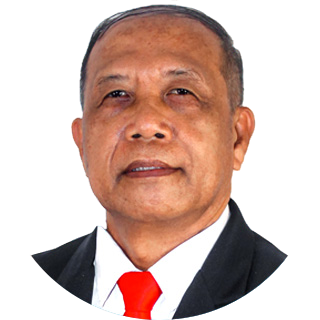
Sotero M. Aban, Ph.D.
Professor VI
Ph.D. Development Education, Minor in Rural Development
Master of Science in Aquaculture
Bachelor of Science in Inland Fisheries, Major in Inland Fisheries Management
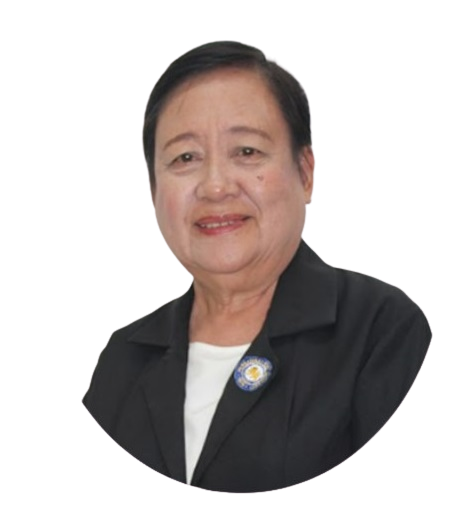
Cornelia E. Ibarra, Ph.D.
Coordinator, Linkages
Professor VI
Doctor of Philisophy in Development Education Minor in Rural Development
Master of Science in Aquaculture
Bachelor of Science in Inland Fisheries Major in Aquaculture
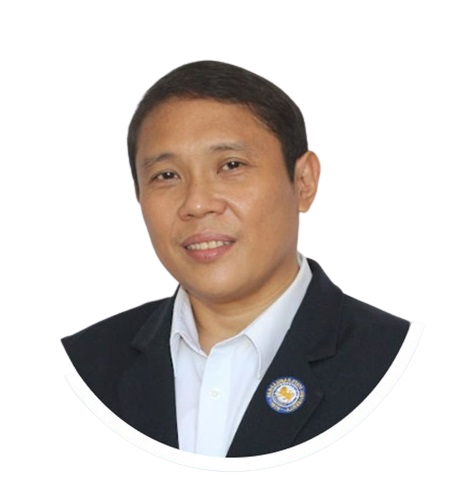
Francis Albert T. Argente, M.Sc. MBA
Research Coordinator
Professor III
Doctor of Philosophy Major in Biology (candidate)
Master of Science in Marine Biology
Master of Arts Major in Business Administration
Bachelor of Science in Fisheries
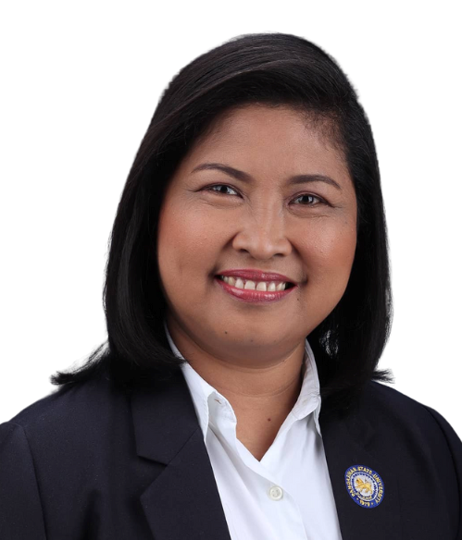
Jennie B. Fernandez, M.Sc.
Associate Professor II
Doctor of Philisophy Major in Aquaculture (Candidate)
MAster of Science in Aquaculture
Bachelor of Science in Fisheries Major in Aquaculture
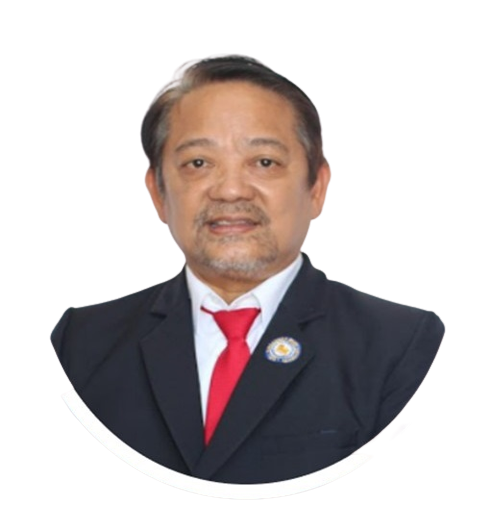
Emmanuel Federico C. Capinpin, Jr, Ph.D.
Professor VI
Doctor of Philosophy Major in Environmental Education
Master of Science in Fisheries, Major in Aquaculture
Bachelor of Science in Fisheries, Major in Inland Fisheries
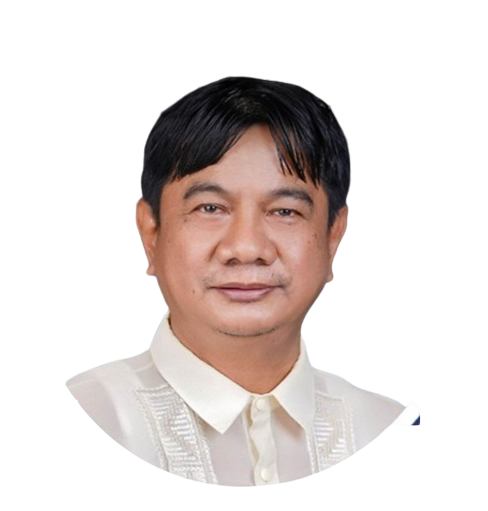
Geronimo R. Rosario, Ph.D.
Coordinator, Quality Assurance
Associate Professor II
Doctor of Philosophy Major in Science Education
Master of Science in Aquaculture
Bachelor of Science in Fisheries Major in Marine Fisheries

Lemark M. Bautista, M.Sc,
Assistant Professor I
Ph.D. in Fisheries (Candidate)
Master of Science in Aquaculture
Bachelor of Science in Fisheries

Ricardo A. De Guzman, M.Sc.
ICTMO Coordinator
Instructor I
Master of Science in Aquaculture
Bachelor of Science in Fisheries
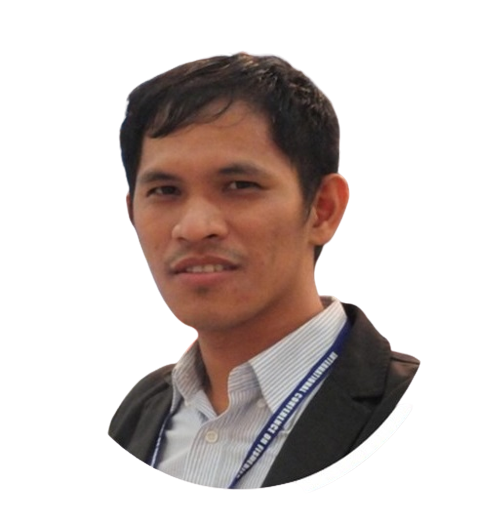
Raul V. Dela Pena, M.Sc.
Unit Head, IP-ITSO
Instructor I
Master of Science in Fisheries
Bachelor of Science in Fisheries
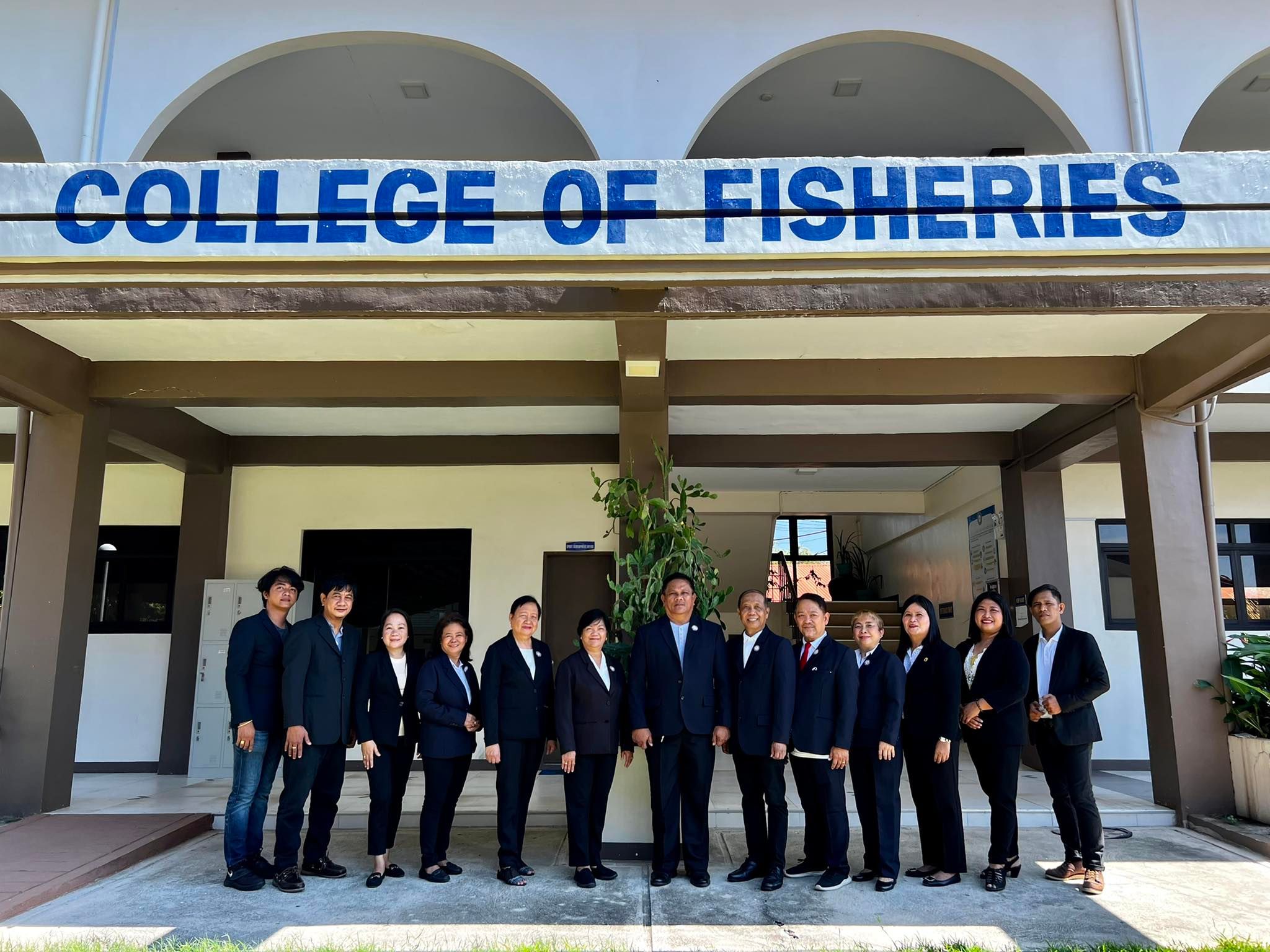
ACCREDITATION DOCUMENTS
AUDIO VISUAL PRESENTATION
RESEARCH
PERFORMANCE OF GRADUATES
COMMUNITY SERVICE
INTERNATIONAL LINKAGES
WELL DEVELOPED PLANNING PROCESS

